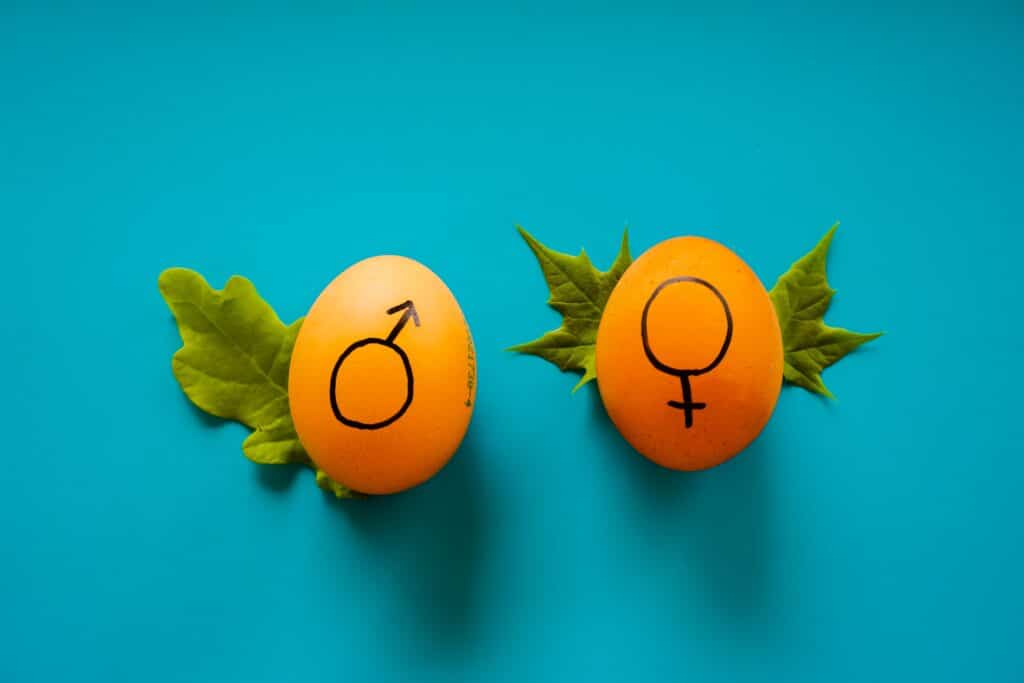Part 2: The Impact of the Gender of an Expert Witness
In a 2001 study undertaken by the University of Queensland and the University of Toronto, researchers attempted to determine whether a female expert witness giving evidence pertaining to a female-dominated industry was more persuasive than a male counterpart.
Four simulated civil trials were carried out: two situated in the male-dominated construction industry and two in the female-dominated industry of cotton supply to a women’s clothing company. In all four trials, the expert for the defendant was a male. One trial in the construction industry engaged a female expert for the plaintiff and the other a male expert; this pattern was upheld for the trials in the fashion industry.
While the results of the study confirmed the initial theory anchoring the gender of the expert to their persuasiveness in trials pertaining to a single gender-dominated industry, the results were more pronounced in the construction case. Researchers suggest that perhaps this was due to the fact that the female-dominated case study was not necessarily a single-gender dominated industry. While on the surface, women’s fashion appears to be female-dominated, the issues considered in the trial included male dominated fields of commercial industry, business, and statistics. Since the male case study considered purely masculine-dominated issues, the results were more pronounced than the female case study which was clouded by the male issues considered. A more recent study was undertaken in the US in 2014, where a review of empirical and psychological literature was reviewed to determine the impact of gender on the success and perception of expert witnesses. The study noted that several other factors may influence the role played by gender at trial.
Complexity
The complexity of the trial and the substantive character of evidence given by an expert strongly influence the effectiveness of each gender as experts. A study of an anti-trust case showed that male experts were more effective, and elicited a higher damage award, than their female counterpart when the testimony was complex (i.e. the testimony included scientific concepts and technical jargon). On the other hand, female experts were found to be more persuasive when the testimony was not complex (i.e. included a greater level of lay person language).
Timing of expert witness evidence
It appears that the timing of expert witness evidence is also influenced by gender. A 1998 study of a simulated “battered woman” murder trial revealed that when female expert witness evidence was adduced prior to that of the battered woman’s testimony, jurors imposed a more lenient sentence than when the evidence was given by a male. This is thought to reflect the expert’s provision of a framework for the battered woman’s subsequent testimony. Notably, when the expert evidence was presented later in the trial, gender did not discernibly impact the jurors.
Gender roles
The impact of socially ingrained gender roles can also impact the credibility of an expert witness. Such ingrained roles include: the traditional perception of women as motherly, caring, and warm, and men as assertive and displaying leadership attributes. Regardless of the truth of these stereotypes, these conceptions play out in the courtroom, with studies showing female experts who were considered to be “unlikeable” by juries are viewed less positively than male experts who are considered equally “unlikable” by juries. This is likely to flow from the female expert’s violation of the gendered expectation of warmth and friendliness, to which no parallel expectation of her male counterpart exists. On the other hand, jurors were more sympathetic to male experts who maintained a high and assertive level of eye contact. The level of eye contact maintained by female experts did not impact on the perceived credibility of the expert.
Considerations for lawyers and trial consultants
Unfortunately, the foregoing studies paint a bleak picture of society when selecting expert witnesses. If the above studies hold true, it seems prudent that male expert witnesses are chosen for male-dominated fields such as construction and business whilst female experts are chosen for the female-dominated industries of psychology, education, fashion, child custody, and sexual assault. Complex evidence should be handed down by men while less complex data is more favourably received when given by female expert witnesses.
The ideal demeanour of expert witnesses is also heavily influenced by their gender. Trial consultants should advise their male expert witnesses to channel their assertive side and maintain strong levels of eye contact. Female experts, on the other hand, have been advised to use informal speech, minimise technical jargon, smile when appropriate, and use inclusive language to appear more likeable to the jury.
Unfortunately, much of the research and empirical evidence referred to in these studies are considerably outdated, given their provenance from the 1980s, 1990s, and early 2000s. Given the increasing number of women not only in the legal profession but also in other male-dominated industries during the last 15 years, it is interesting to consider whether these gender stereotypes are present in the 2016 courtroom. It is important for lawyers and trial consultants to continue to review literature on the issue of experts and gender pressures to ensure the optimal expert is chosen and prepared accordingly.
